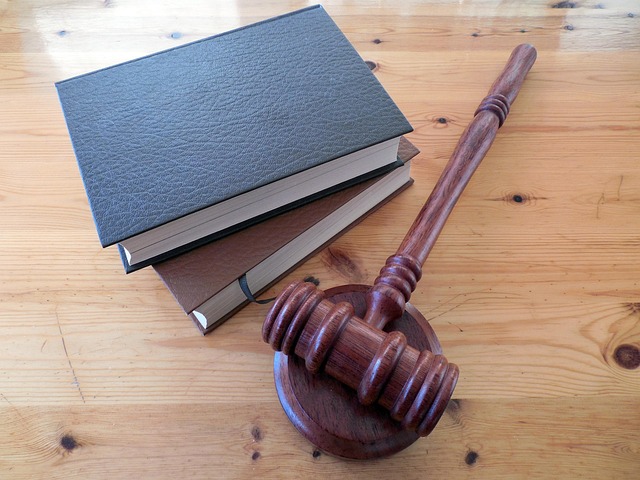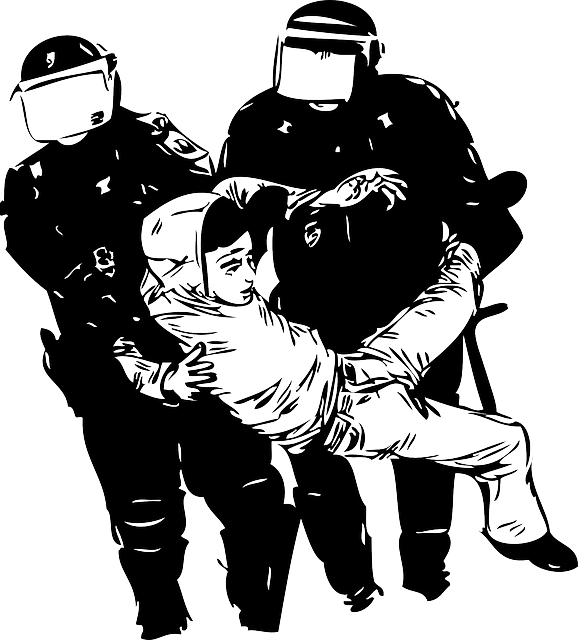Corporate crime investigations uncover complex schemes, ensure accountability, and protect public trust. Digital evidence collection from electronic data sources is crucial using forensics experts to navigate and extract information. Beyond financial losses, corporate misconduct causes personal harm, necessitating Types of Compensation for Personal Injury for victims' recovery. Prevention strategies like robust corporate governance, internal controls, and transparent reporting deter wrongdoings. Law enforcement collaborates with investigators for swift justice, sending a strong message against corporate misconduct.
Corporate Crime Investigations delve into complex scenarios where businesses engage in illicit activities, impacting not just investors but also victims of fraud. This article explores various facets of this critical field, from recognizing common schemes and understanding legal frameworks to advanced evidence collection techniques and digital forensics. We discuss the devastating effects on victims and propose strategies for prevention, emphasizing the importance of robust corporate governance and compensation for personal injury.
- Understanding Corporate Crime: Common Schemes and Red Flags
- Legal Framework: Laws and Regulations Guiding Investigations
- Evidence Collection: Techniques and Digital Forensics
- Impact on Victims: Types of Compensation and Support
- Prevention Strategies: Enhancing Corporate Governance
Understanding Corporate Crime: Common Schemes and Red Flags
Corporate crime investigations are crucial for uncovering complex schemes and holding businesses accountable. Understanding common types of corporate misconduct is essential to identifying red flags that may indicate illegal activities. These can range from financial fraud, such as accounting manipulation or embezzlement, to ethical breaches like bribery and corruption. By recognizing these patterns, investigators can navigate the intricate labyrinthine of business transactions, ensuring transparency and accountability.
Moreover, being vigilant for unusual compensation structures, including those involving off-the-books payments or excessive executive pay, can provide valuable clues. Achieving extraordinary results in investigations requires a meticulous examination of these respective business practices to uncover potential red flags that might otherwise go unnoticed. Ultimately, the goal is to avoid indictment by proactively identifying and addressing unethical conduct, fostering a culture of integrity within corporations worldwide.
Legal Framework: Laws and Regulations Guiding Investigations
The legal framework guiding corporate crime investigations is a complex web of laws and regulations designed to ensure fairness, transparency, and accountability. These include financial regulations that mandate disclosure and record-keeping, anti-corruption statutes, and consumer protection acts. When a potential corporate crime emerges, investigators must adhere to strict protocols, balancing the need for thorough inquiry with respect for individual rights. The general criminal defense plays a pivotal role in protecting the accused while ensuring investigations are conducted diligently.
An unprecedented track record of successful corporate crime prosecutions underscores the importance of robust legal frameworks and competent investigative practices. These regulations not only define the scope of acceptable business conduct but also dictate the procedures for uncovering evidence, interviewing witnesses, and gathering intelligence. Throughout all stages of the investigative and enforcement process, adherence to these laws is crucial in maintaining public trust, deterring future misconduct, and ensuring appropriate types of compensation for personal injury victims, where applicable.
Evidence Collection: Techniques and Digital Forensics
In corporate crime investigations, evidence collection is a meticulous process that often involves intricate digital forensics techniques. With the rise of electronic data, investigators must be adept in navigating and extracting usable information from various sources like computers, servers, and mobile devices. This includes understanding different types of digital evidence, such as documents, emails, financial records, and communication logs, each with its unique preservation and collection methods.
Forensic experts utilize specialized tools and software to ensure the integrity and admissibility of digital evidence in court. These techniques go beyond simple data extraction; they involve sophisticated analysis to uncover hidden patterns, deleted files, and encrypted information. The expertise in digital forensics is crucial in complex cases, where corporate and individual clients alike require robust general criminal defense strategies. Across the country, law enforcement agencies are continually enhancing their capabilities in this domain to stay ahead of evolving cybercrime trends.
Impact on Victims: Types of Compensation and Support
The impact of corporate crime extends far beyond financial losses; it profoundly affects victims on a personal level. When individuals are harmed due to corporate misconduct, they often face significant physical, emotional, and psychological challenges. These can include medical expenses, pain and suffering, lost wages, and even long-term disability. Types of compensation for personal injury in such cases play a crucial role in helping victims recover and rebuild their lives.
Victims may be entitled to various forms of redress, including monetary damages, which can cover immediate financial needs and future medical care. Compensatory damages also address non-monetary losses like emotional distress and pain and suffering. Additionally, for his clients facing white collar defense, support services such as counseling and rehabilitation programs can be vital. Beyond legal remedies, the philanthropic and political communities often step in to provide further assistance, ensuring that victims receive the necessary care and support they need to navigate this difficult period.
Prevention Strategies: Enhancing Corporate Governance
Effective prevention strategies are vital to safeguarding businesses from corporate crime. Enhancing corporate governance is a key aspect of this, ensuring robust internal controls and risk management practices. By implementing rigorous policies and procedures, organizations can deter potential wrongdoings and establish a culture of integrity. This includes transparent financial reporting, strict compliance with laws and regulations, and regular training for employees at all levels to recognize and report suspicious activities.
For his clients, across the country, law enforcement agencies play a crucial role in all stages of the investigative and enforcement process. They work collaboratively with corporate investigators to gather evidence, conduct interviews, and ensure that those responsible for corporate crimes are held accountable. This collaborative approach not only facilitates swift justice but also reinforces the message that such misconduct will not be tolerated.
Corporate crime investigations are complex but essential to upholding justice and protecting victims. By understanding common schemes, navigating legal frameworks, and employing advanced evidence collection methods, investigators can ensure fair outcomes. Compensating victims through various types of personal injury claims is crucial, while proactive prevention strategies, such as enhanced corporate governance, can mitigate risks in the future. Continuous efforts to refine these aspects will contribute to a safer business environment.






